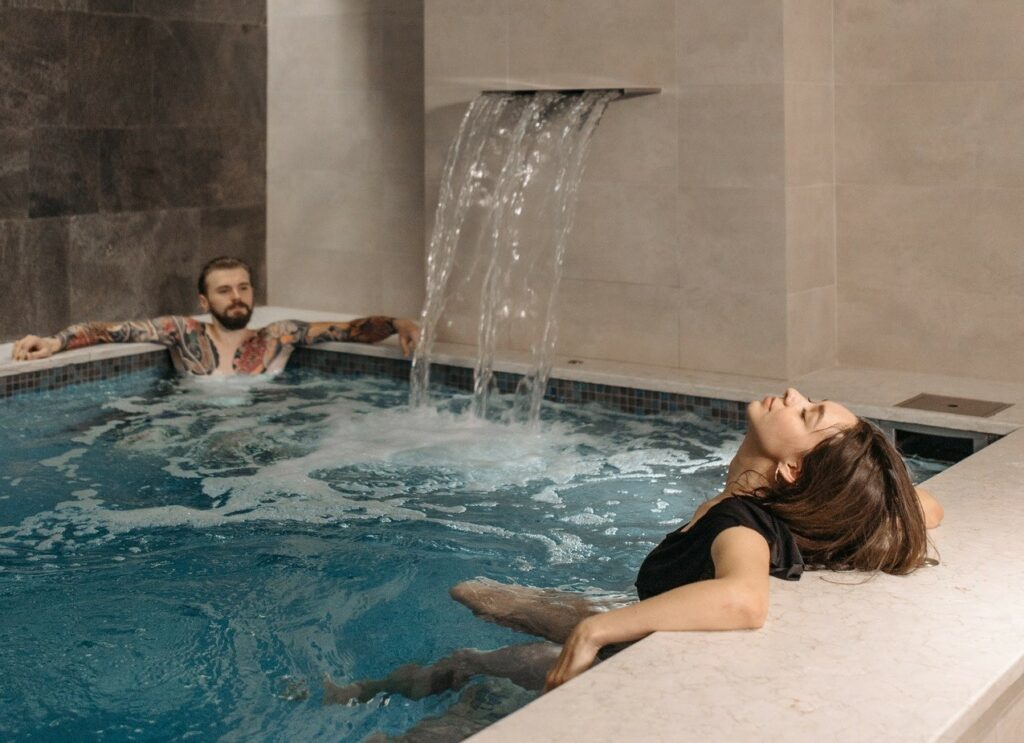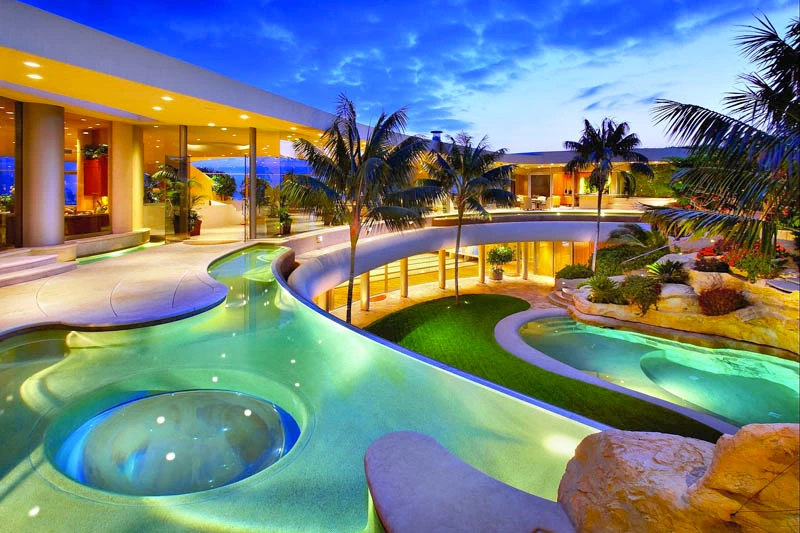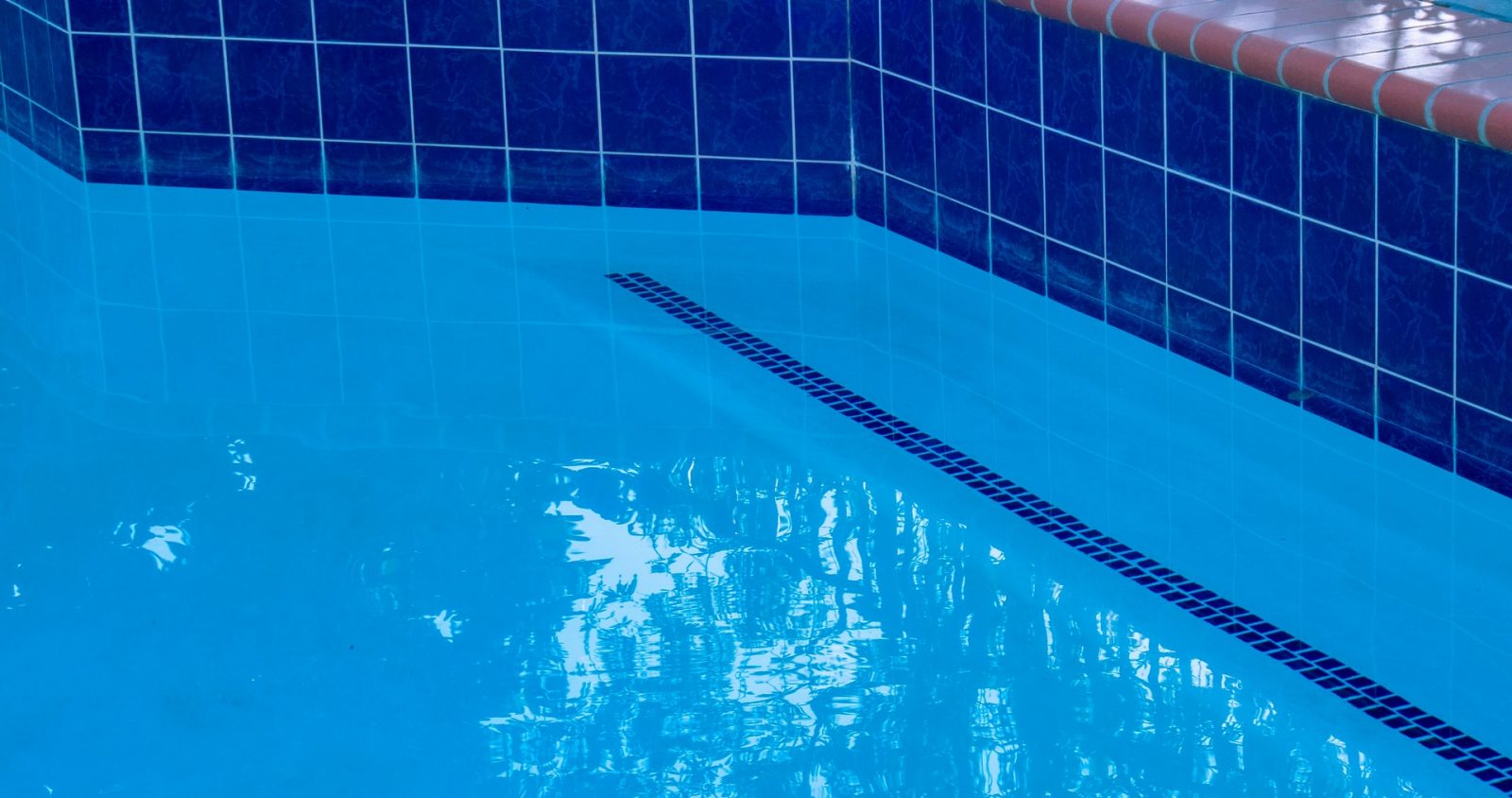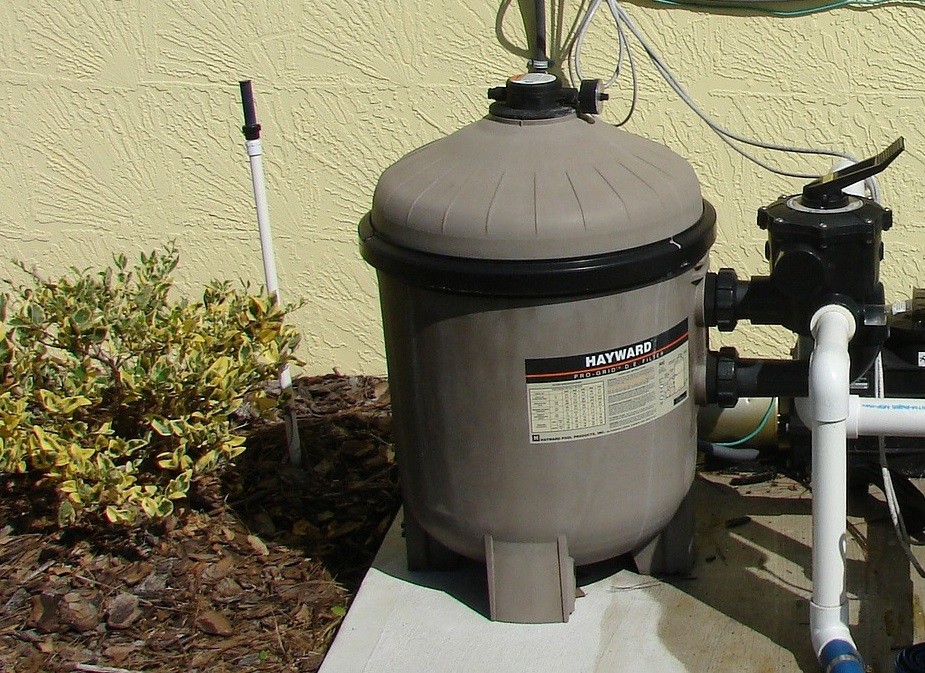Cyanuric acid (CYA) is a chlorine stabilizer that is added to pool water to prevent any changes. This substance is generally used in residential and commercial pools and spas. Most people, especially health officials, are questioning if this is useful and safe to use.
Applying cyanuric acid to your swimming pool is essential because it helps chlorine last longer. The right way of using this chemical is by following the correct measurement that is indicated on the label. Otherwise, you will experience some imbalance of your pool water that can cause harm.
It says that cyanuric acid can reduce the amount of chlorine loss from the sun’s ultraviolet rays. Plus it maintains the actual level of sanitizer in the water. However, too much application of CYA or not following the procedures will result in overstabilization. This means it may affect the efficiency of the pool water.
Understanding Cyanuric Acid
Pool owners know Cyanuric Acid (CYA) very well. It is because it shields chlorine from the sunlight. The CYA influences water in so many ways. It is beneficial in how it stabilizes your swimming pool.
Here are a few things that you must know to understand more about cyanuric acid (CYA) or stabilizing agents.
How Does Cyanuric Acid Work?

As the study shows, the cyanuric acid molecule is a hexagon with changeable nitrogen and carbon atoms. It permits three molecules of chlorine to join the nitrogen forming a weak nitrogen chlorine bond.
Therefore when the N-CI bind is weak it authorizes chlorine to let go of cyanuric acid when it has something needed to oxidize and kill.
This substance works depending on how you add chlorine to your swimming pool and how long it will dissolve.
The time range to dissolve the chlorine will take 2 to 5 days. Before you add more CYA to your pool, wait for it to be fully dissolved first. If not, it won’t work out well and you will have pool issues.
Cyanuric acid is available as a granular solid and as a liquid. Dichlor and trichlor, on the other hand, already consist of CYA.
Why Use Cyanuric Acid?
Cyanuric acid contributes great benefits to chlorine. This chemical expands the life of chlorine eight times more in direct sunlight. But using it for indoor pools is not recommended.
Ideally, for pool owners, the suggested range of cyanuric acid is 30 to 50 ppm with a minimum of 10 ppm and a maximum of 100 ppm. Be mindful that the range will depend on the pool size.
Problems With Cyanuric Acid
The common issue of cyanuric acid is weaker and slower chlorine. Since chlorine serves as the protector against germs, and diseases in water, weakening it is not a good idea.
Not only the chlorine has to control the oxidant demand before sanitation occurs, but there is also an approximate 75% of chlorine depletion factor with cyanuric acid against algae.
As mentioned previously, cyanuric acid stays longer in the water. To reduce the chemical from your pool simply drain it partially. This method is the easiest and inexpensive way. Furthermore, other products can reduce CYA but compare to another there are chemical reactions in every action.
Misleading Reading
It is very important to know and understand the concept of ORP which can also affect your swimming pool. ORP stands for Oxidation Reduction Potential. It is the electronic measurement of the capability of a chemical substance to oxidize and reduce another chemical.
The major role of this chemical is to correctly measure the response capacity that occurs in your water. It says that the higher the oxidation ability, the more accurate your sanitizer is. This only means that your water is safe and clean.
However, if you experience your oxidation-reduction becoming low, the only thing you need to do is add chlorine.
Aggressive Water
Another vita; thing that you should know and understand about CYA is the impact of the Langelier Saturation Index (LSI). This means that the higher the CYA, your water becomes more destructive. It is because this chemical provides total alkalinity which is called cyanurate alkalinity.
The Benefits of CYA

Everybody knows the reasons why we need to add chemicals to our pool water. It is because we want to ensure that our pool is safe, clean, and well maintained.
When we hear chlorine, automatically sinks in our mind that chlorine is the best and useful in pool water. But most people do not know that adding chlorine itself is not considered a stabilizer. This will benefit you nothing, and risk your health.
Giving importance to the pool stabilizer in your pool will give your pool clean, safe, and healthy. Having a pool stabilizer keeps you hassle-free, saves you money and time. Plus it is also convenient as a pool owner as it does not require you to add chlorine everytime.
The Misconception of CYA
A pool stabilizer is also used as a chlorine conditioner, that helps you condition your water aside from making the chlorine lasts longer. Also, if you have a pool that is located outside it might happen that chlorine will be exposed to the sun and possible for chlorine evaporation.
However, if you choose to use chlorine alone in your pool water, never expect that it will stay long, instead, it will disappear in just a couple of hours. In reality, ultraviolet rays reduce chlorine up to 90% in just two hours. On The other hand, you allow dirt, algae, and other microorganisms to grow and live in your pool.
More Is Not Better
According to a study, cyanuric acid is not only beneficial for swimming pools but also to spas. They figured out that CYA is very useful because it keeps your pool water chlorinated and sanitized.
Moreover, pool kits or testing strips are very precise in testing the CYA and it is recommended to use them regularly. Moreover, keeping this into practice the benefits and misuse of cyanuric acid is vital.
If you are doubtful about using CYA on your own, you better contact an expert pool maintenance company near you to help you out. Plus, it is also one way to ensure that you are using it on your pool correctly.
Interested in a free quote and you live in Chandler, Gilbert, Queen Creek, Mesa, or Tempe please contact Aloha Desert Pools at 480-625-8794 or email us!







